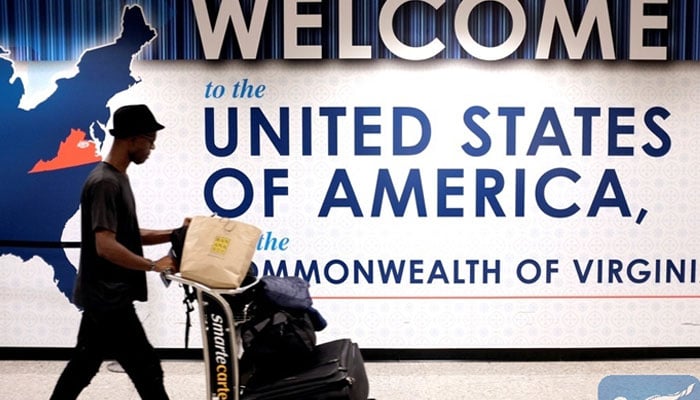Select Language:
Tourists from Malawi and Zambia will be the first foreign travelers required to pay visa bonds of up to $15,000 before entering the United States, according to a report by Al Jazeera citing the State Department.
Starting August 20, individuals seeking tourist or business visas from these two African countries will need to pay a refundable bond between $5,000 and $15,000. This initiative is part of a 12-month pilot program designed to prevent visa overstays and strengthen immigration enforcement.
The bond amounts will be refunded if the visitor departs the U.S. on time, or if their visa is canceled, unused, or their entry is denied. However, if a traveler stays beyond their visa terms or applies for asylum or other immigration benefits while in the U.S., the government will keep the bond.
The policy is motivated by data from the Department of Homeland Security showing that there were approximately 565,155 visa overstays in Fiscal Year 2023, representing about 1.45% of all non-immigrant admissions to the U.S. That year, Malawi and Zambia had notably high visa overstay rates of 14.3% and 11.1%, respectively. Nonetheless, the actual number of overstays among visitors was relatively small, with 237 out of 1,655 Malawian travelers and 388 out of 3,493 Zambian travelers overstaying their visas.
In comparison, countries like Brazil and Colombia, which are not subject to this new requirement, see much larger overstay numbers—about 20,811 Brazilians and 40,884 Colombians stayed longer than their visa permits.
Although the move aims to enhance immigration control, critics have labeled it unfair and discriminatory. The Council on American-Islamic Relations (CAIR) called the bond system a “legalized shakedown,” with CAIR’s government affairs director, Robert McCaw, arguing, “This isn’t about national security… It’s about weaponizing immigration policies to extort vulnerable visitors, punish certain countries, and turn America’s welcoming environment into a paywall.”
Additional countries may be added to the list of those required to pay bonds in the future.







